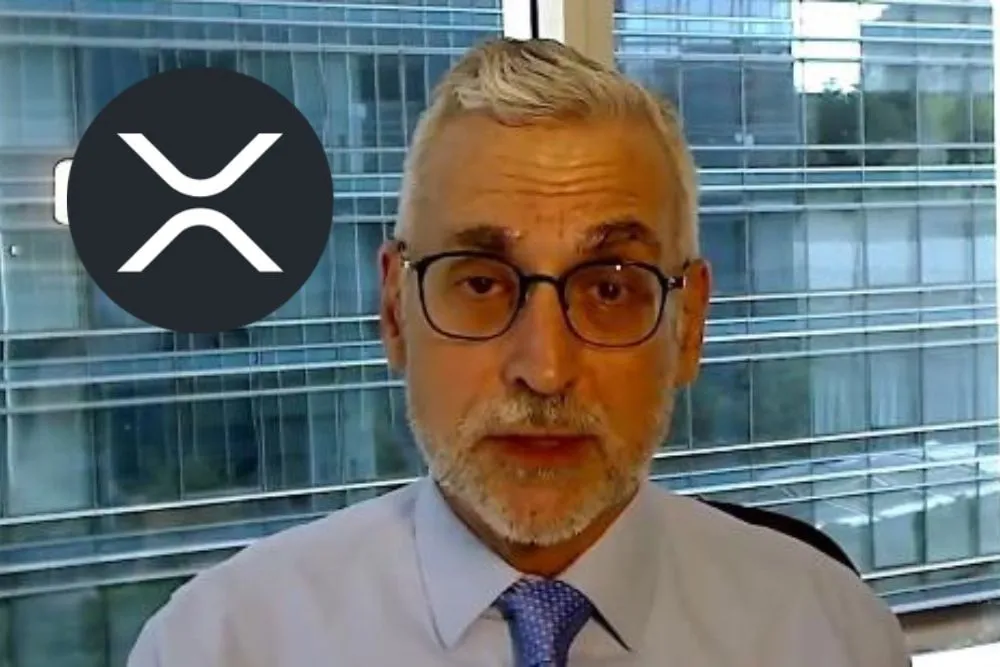
XRP Army Rejoices As Ripple CLO Responds to U.S. Senate Banking Committee
Ripple has formally responded to a Request for Information (RFI) issued by the U.S. Senate Banking Committee regarding proposed legislation to establish a clear regulatory structure for digital assets. In a post on X, Ripple’s Chief Legal Officer, Stuart Alderoty, thanked the Committee for the opportunity, noting Ripple’s global experience with regulators and its insights from its prolonged legal battle with the U.S. Securities and Exchange Commission (SEC).
Thank you to @BankingGOP for the opportunity to respond to your Request For Information. With over a decade of experience working with regulators all over the world—and hard-earned lessons from our SEC fight—Ripple welcomes the chance to offer our unique perspective as Congress considers new legislation impacting the digital asset space.
In its response, Ripple outlines concerns about the draft legislation’s approach to defining and regulating digital assets. Alderoty emphasized that Ripple supports a clear and consistent regulatory framework but believes the current draft risks creating more confusion than clarity, particularly around the SEC’s jurisdiction and digital asset classification.
Concerns Over SEC Jurisdiction and Token Classification
Ripple’s response argues that the proposed framework expands SEC authority too broadly. The draft legislation could, according to Ripple, subject tokens like XRP, ETH, and SOL to indefinite SEC oversight simply because they were once involved in an investment contract. Ripple maintains that this approach ignores the current use and maturity of these tokens, many of which have been traded freely on open networks for years.
The response criticizes the reliance on the SEC’s interpretation of the Howey Test, a legal standard used to determine what constitutes a security. Ripple asserts that Howey has been stretched beyond its intended purpose and that Congress must establish statutory clarity to prevent regulatory overreach.
Ripple proposes that legislation should limit SEC jurisdiction to cases involving actual investment contracts, rather than allowing historical transactions to dictate present regulatory status.
Implications for XRP and Other Long-Established Tokens
Ripple recommends that tokens that have been freely and widely traded for at least five years on open networks should be excluded from securities regulation. This proposed grandfathering provision will provide legal certainty for market participants and prevent overreach in the form of retroactive enforcement actions that could destabilize mature markets.
XRP, as one of the longest-traded digital assets, would likely benefit from such an exemption.
Furthermore, Ripple urges lawmakers to distinguish between core technological functions, such as staking or running consensus algorithms, and activities that may trigger securities regulations. It argues that protocol-level operations aren’t managerial efforts, aiming to protect developers and network participants from unnecessary regulatory burdens and further abuse of power by the SEC.
Ripple also advocates for federal legislation to override conflicting state laws on token classification, custody, and market structure.
Source: timestabloid.com


